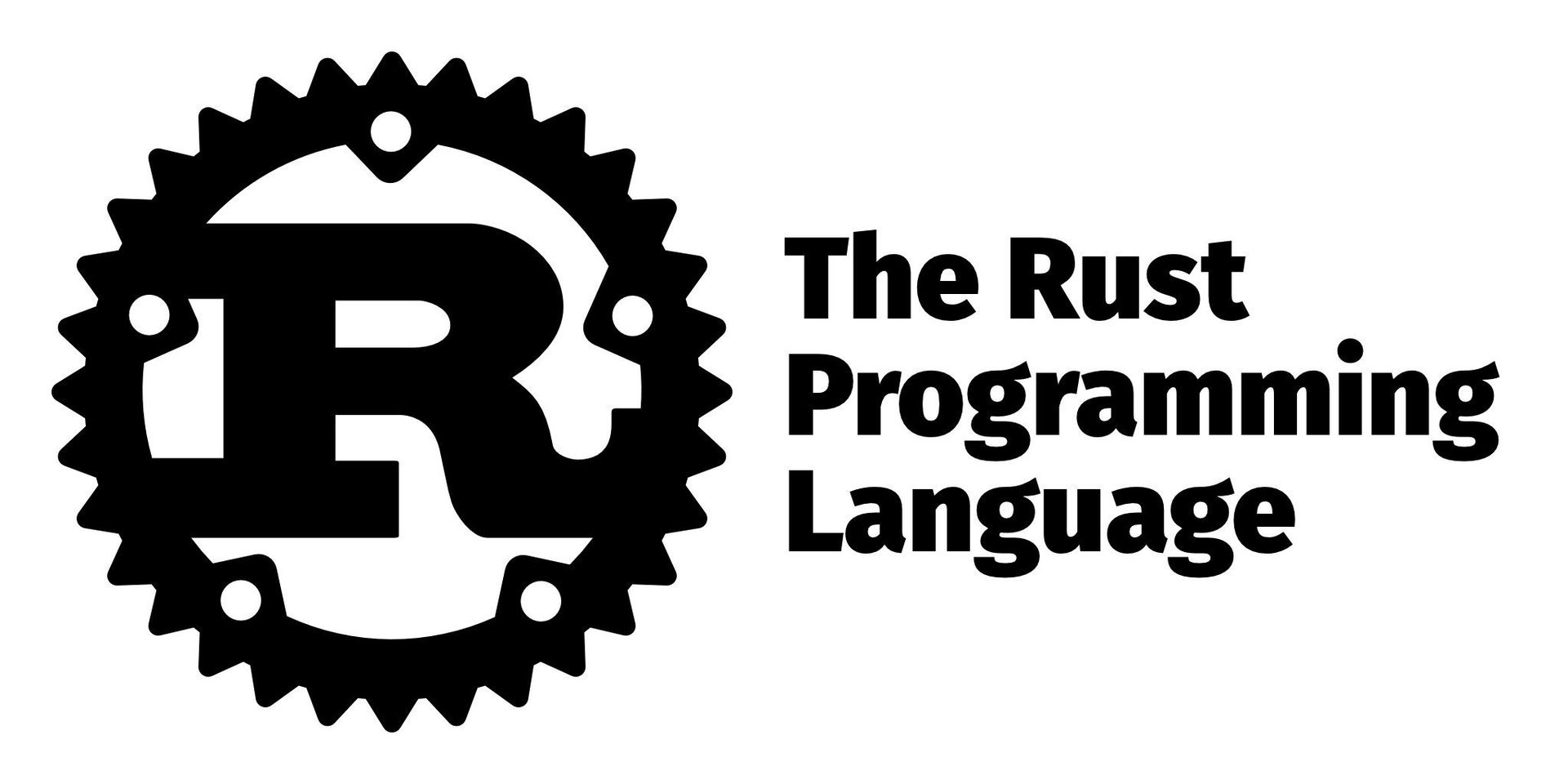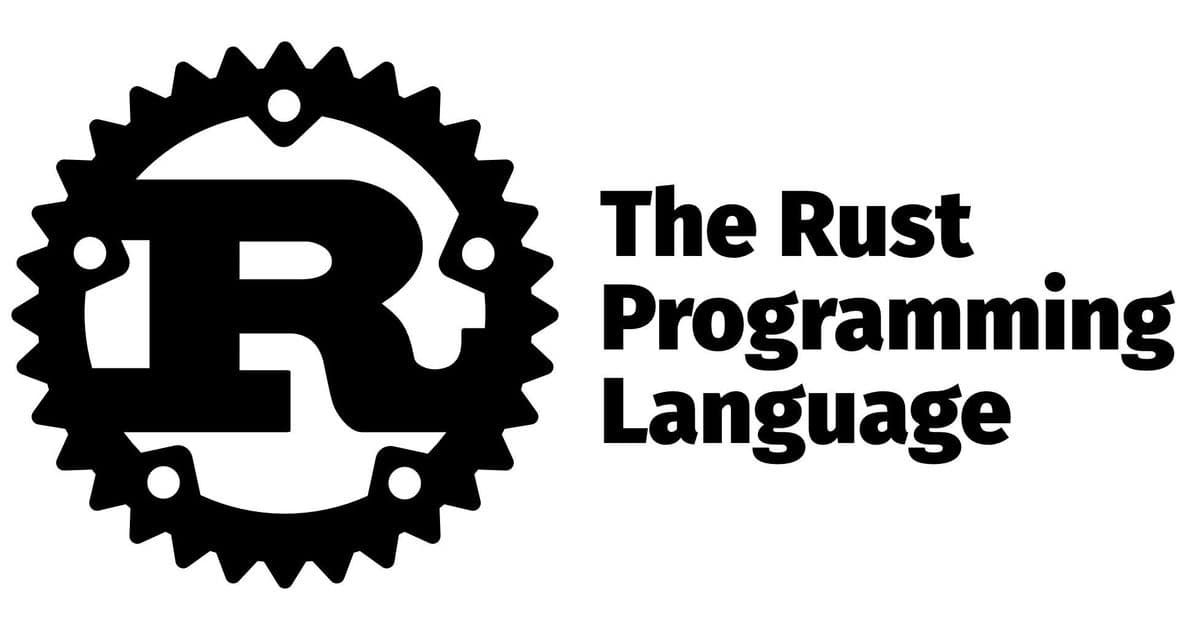The Rust Project's second Google Summer of Code delivered 18 successful projects, doubling last year's output and targeting core challenges in compiler performance, safety contracts, and ecosystem tooling. From parallel name resolution groundwork to SemVer breakage detection via witness programs, contributors laid foundations for Rust's most ambitious goals. These efforts signal Rust's growing appeal to new talent while pushing boundaries in systems programming innovation.
Rust GSoC 2025: 18 Groundbreaking Projects Advance Compiler, Tooling, and Safety

The Rust Project's participation in Google Summer of Code (GSoC) 2025 marked a significant milestone, with 18 out of 19 projects successfully completed—more than double the previous year's tally. Nearly 20 contributors spent months tackling ambitious challenges across the Rust compiler, Cargo, standard library, and supporting tools. This year's diverse scope, ranging from automatic differentiation macros to distributed verification systems, underscores Rust's maturing ecosystem and its magnetic pull for emerging talent.
As detailed in the official Rust Blog announcement, these efforts advanced long-term project goals like explicit safety contracts, parallel compilation, and scalable verification. Many contributors continued their work post-GSoC, signaling sustained community growth.
Compiler Innovations: From Autodiff to Parallel Frontiers
Several projects targeted the Rust compiler's core, addressing performance bottlenecks and foundational correctness.
Marcelo's work on the std::autodiff module rewrote macros to use proper intrinsics, eliminating hacky placeholders that caused optimization issues. This reduced compiler code by over 500 lines and paved the way for GPU offloading intrinsics—crucial for scientific computing and machine learning in Rust.
// Before: Hacky placeholder bodies
#[autodiff]
fn my_function(x: f64) -> f64 { /* ... */ } // Generated dead code
// After: Proper intrinsic
rustc_intrinsic::autodiff_forward::my_function(x) // Clean, optimizable
Michał elevated the rustc_codegen_gcc backend to compile the stage-2 and stage-3 Rust compiler itself, including exotic targets like m68k. His ABI fuzzing infrastructure caught subtle mismatches, benefiting initiatives like Rust for Linux on non-LLVM platforms.
Lorrens tackled name resolution parallelization, a prerequisite for broader compiler speedups. Despite the project's ambition exceeding GSoC timelines, he refactored mutable data structures, implemented batched import resolution, and documented the notoriously complex logic—unblocking library improvements stuck for years.
Safety and Verification: Contracts, SemVer, and Beyond
Rust's safety guarantees received a major boost through verifiable contracts and enhanced checking tools.
Dawid advanced safety contracts with zero-runtime-cost integration, variable references in postconditions, and a Major Change Proposal for separation logic predicates. This foundational work, informed by discussions with Miri developers, positions contracts as a verifiable alternative to informal unsafe comments.
Talyn's cargo-semver-checks prototype introduced "witness programs" to detect type-based API breakages:
// Witness crate detects if i64 -> impl ComplexTrait breaks
fn witness(upstream: &Upstream) {
upstream.tricky_fn(42i64); // Fails to compile if impl Trait incompatible
}
This compiler-driven approach scales to impl Trait complexities without reimplementing the type checker, critical as the tool's 229 lints double yearly.
Jiping's distributed verification system minimized redundant stdlib checks via incremental analysis and change detection, establishing scalable formal methods for Rust's thousands of functions.
Joseph optimized cargo-semver-checks performance, including a clever rustdoc JSON hack that skips parsing 500MiB+ files by peeking the format_version in the tail—yielding 4x test suite speedups.
Tooling and Ecosystem Enhancements
Cargo and build tools saw innovations for faster, more flexible workflows.
Naman enabled multiple build scripts per crate, a stepping stone to delegating them externally for compile-time wins and better auditability.
Glen's cargo-fixit prototype ditched cross-process locks, achieving sub-second lint fixes in benchmarks versus cargo fix's ~1-minute baseline—unlocking interactive modes and parallelism.
Francisco parallelized rustup check (3x speedup) and toolchain installs, adding progress bars and snapshot-based downloads that shave seconds off CI runs across thousands of projects.
Vito prototyped Cargo plumbing subcommands in cargo-plumbing, exposing low-level APIs for tool reuse and documenting API blockers.
Testing, Ports, and Infrastructure
Madhav extended std::arch intrinsic testing to x86 (Rust's dominant target), uncovering bugs and optimizing CI via modular refactoring—primed for LoongArch and Wasm.
Shourya refactored bootstrap with command caching, profiling, parallel tests (60s → 10s), and config parsing overhaul, easing maintenance of Rust's massive build system.
Sakibul rewrote the bors merge queue bot in Rust, handling races, deduplicated GitHub checks, and status pages—soon to merge all rust-lang/rust PRs.
Kei integrated Mold's test suite into Wild linker CI, fixing bugs and adding --help, with 70+ PRs expanding its Linux executable support.
Julien organized 19,000+ UI tests into semantic directories, improving discoverability and ergonomics.
Abdul modernized libc's ctest with syn parsing, boosting confidence toward 1.0 amid 1.5M daily downloads.
Makai prepared rustc_public (ex-stable_mir) for crates.io with versioning, dual-repo sync, and API splits—empowering external tools.
A Thriving Pipeline for Rust's Future
These GSoC results highlight Rust's dual appeal: rigorous challenges that hone skills while delivering ecosystem impact. With projects aligning to goals like verifiable safety and parallel compilation, contributors didn't just ship code—they shaped Rust's trajectory. As mentors note, GSoC excels at onboarding talent, with many extending contributions post-program. The stage is set for 2026, where these foundations will enable even bolder strides in systems-level innovation.


Comments
Please log in or register to join the discussion